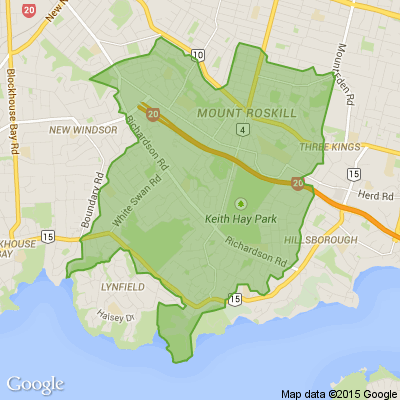Winter Energy Payment
The Winter Energy payment starts today. This is an extra payment to help with the cost of heating your home over winter.
If you're single or widowed, you'll get an extra $20.46 a week. Couples and people with dependent children will get an extra $31.82 a week. Couples are paid $63.64 a fortnight and the combined payment is made to one person in the couple – unfortunately we can’t split it, but we can switch it to the other person’s account. Payments will start from 1 May and continue until 1 October 2023.
If you're getting Foster Care Allowance, please get in touch. We may be able to pay you at a higher rate.
When the Winter Energy Payment starts part way through the pay period, your first payment due on the 9 May will be less than the full amount (this includes 9 days of Winter Energy Payment). You’ll be paid the full amount in the following payment due on the 23 May.
The Winter Energy Payment won’t affect other payments you get from us and isn’t considered income (for tax purposes).
If you'd prefer not to get this payment, just let us know and we'll stop it for you.
Travelling overseas while getting the Winter Energy Payment
=================================================
If you're heading away from New Zealand over the winter months, we can keep paying your Winter Energy Payment for up to 28 days. Tell us if you plan to leave New Zealand for more than 28 days, otherwise we might pay you too much and have to ask for some money back. The easiest way to let us know is to either:
• fill out and submit the overseas travel dates online form
• call us on our Seniors line, 0800 552 002
==========================================
Ministry Of Social Development------NZ Government
==========================================
We're talking new year resolutions...
Tidying the house before going to bed each night, meditating upon waking or taking the stairs at work.
What’s something quick, or easy, that you started doing that made a major positive change in your life?

Stray male cat
Over the last two weeks a rangy male tabby cat has been pleading for food at our place in Royal Terrace, Sandringham.
Or is there a colony of cats being fed around here.
If you have lost him please call 021996559
Note that we took him to the vet today the 6th of January and he belongs to someone in our area.
We will now just enjoy a pat on his daily visits but not feed him.









 Loading…
Loading…




